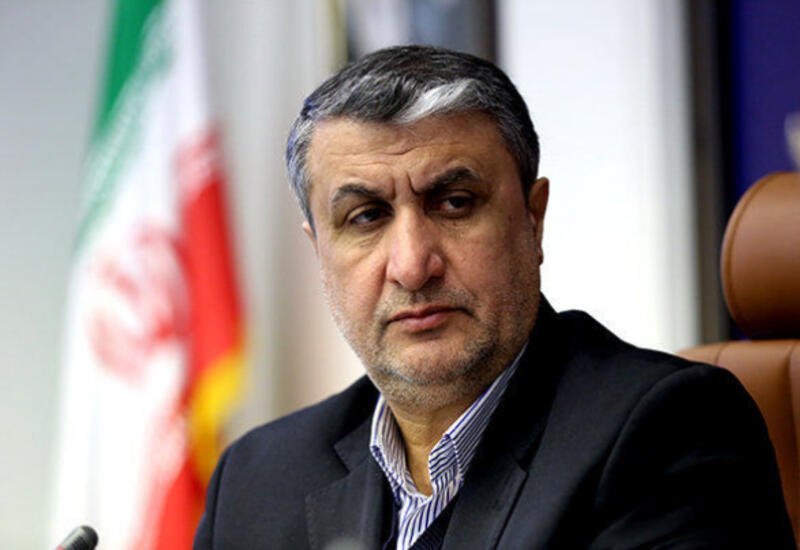BAKU, Azerbaijan, February 3. The opposite side of the Joint Comprehensive Plan of Action (JCPOA) has failed to fulfill its obligations towards Iran, Iranian Vice President and Chairman of the Atomic Energy Organization Mohammad Eslami told local media, Trend reports.
According to him, over the past 20 years, various governments of Iran have continued to discuss nuclear programs in various forms. This process has led to the achievement of a comprehensive plan of joint action.
Eslami noted that under the agreement, Iran rapidly curtailed its nuclear program and reduced its nuclear capabilities to gain the confidence of the other side.
''All these steps were taken in exchange for the lifting of sanctions by the other side. To ensure that Iran did not suffer further economic losses. However, the other side has not implemented the provisions of the comprehensive joint action plan, except for a short period.
Western countries did not adhere to the agreement they signed, and with the withdrawal of the US from the Comprehensive Plan of Joint Action, Iran also stopped fulfilling its obligations under Articles 26 and 36 of the agreement,'' he emphasized.
He stressed that despite all this, Iran remains in the agreement and the US is the exiting party.
The official stated that the Comprehensive Joint Action Plan for Iran remains a solid pillar. Iran has suspended its obligations under its right in this agreement.
Meanwhile, in January 2016, Iran and the P5+1 group (the US, Russia, China, the UK, France, and Germany) implemented the Comprehensive Joint Plan of Action concerning Iran’s nuclear program.
In May 2018, the US announced its withdrawal from the deal and reimposed sanctions on Iran.
By the end of 2020, the Iranian parliament decided to pursue a strategic plan in the nuclear sector to counter the sanctions, leading to a suspension of additional steps and the Additional Protocol as per the nuclear agreement.
Consequently, the International Atomic Energy Agency (IAEA) faced a reduction in monitoring capabilities by 20-30 percent.
Iran has officially affirmed that its strategy is not to pursue the development of an atomic bomb and that it does not support the production of weapons of mass destruction.







